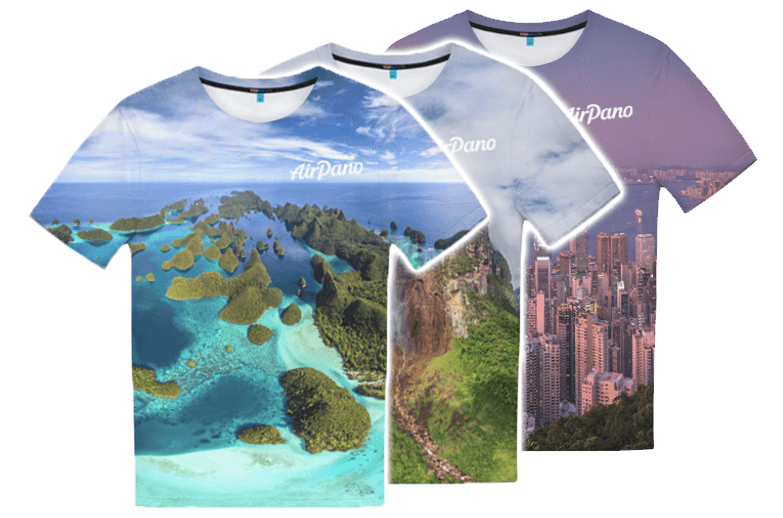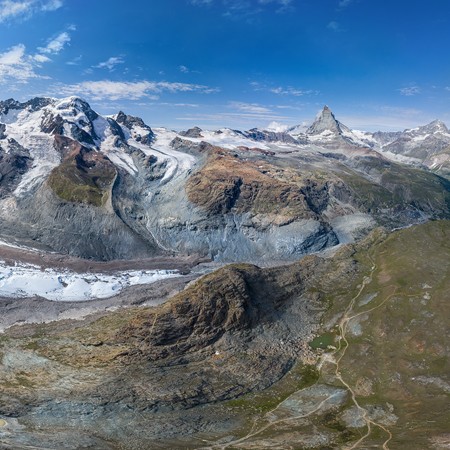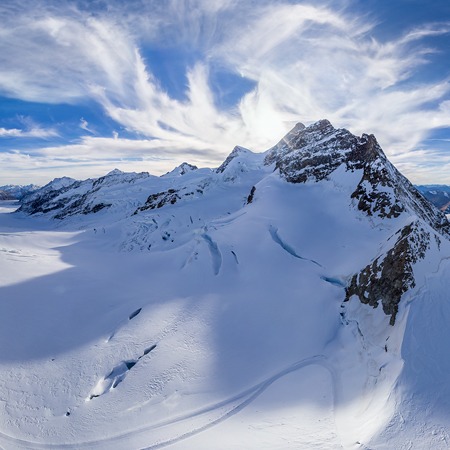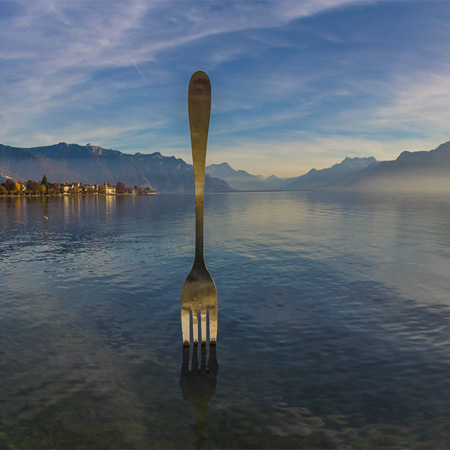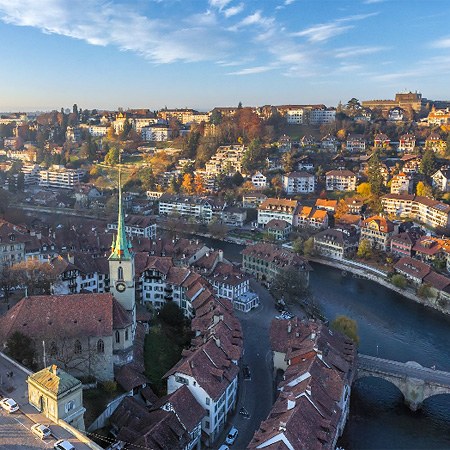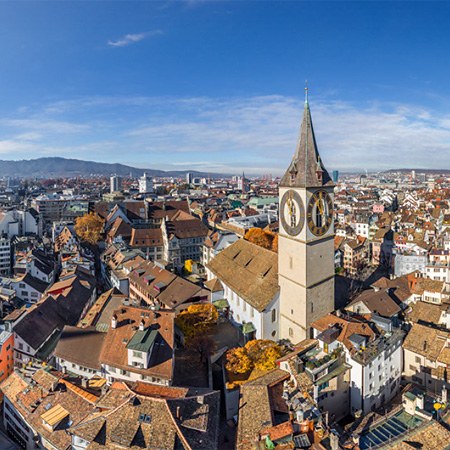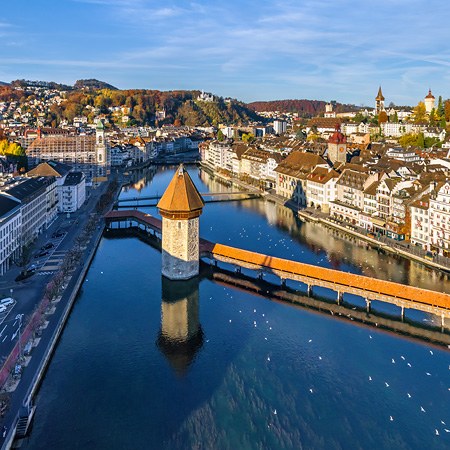Chillon Castle, Switzerland
There is hardly a single ancient castle in the world which is not covered with mystery, legends or tragic stories. Chillon Castle (Château de Chillon) located on the bank of Lake Geneva, only 3 kilometers away from Montreux in the Canton of Vaud, is not an exception.
In the 13th century these lands were owned by the Counts of Savoy. Two centuries later the castle with its area was seized by the Bernese; and finally, in the end of the 18th century the French took back these lands and declared the Lemanic Republic here. In 1803 this region joined the re-installed Swiss confederation and now is an autonomous French-speaking canton of Switzerland.
The first written record of the castle is dated 1005, but the castle could have probably been founded back in the 9th century. Chillon is constructed on a rock slightly above the surface of the lake and is connected with the land via bridge. The side of the castle facing the road is a stone wall fortified with three towers. The opposite part of the fortress is a residential wing.

The combination of the environments and certain features of the architecture of the castle enabled its owners to control the strategically important road leading to the Great Saint Bernard Pass, that once was the only path connecting Northern and Southern Europe. But with the increasing importance of the St Gotthard Pass, the Great Saint Bernard Pass had lost its former significance; there was no more need for the defensive function of the castle and at that moment it started functioning as a prison.
In the middle of the 14th century, at the time of the plague pandemic, Jewish prisoners accused of contaminating water sources were tortured within the walls of this dungeon. But the most famous prisoner of Chillon was François de Bonivard, a Swiss patriot and historian who stood against the tortures of Charles III, Duke of Savoy, reigning at that time in Geneva. Inspired by this story, in 1816 George Byron wrote the poem “The Prisoner of Chillon”. Byron also carved his name on a pillar of the dungeon he thought the prisoner was chained to. So now his signature is the main touristic attraction of the castle. But still, many other famous writers contributed to the creation of the romantic atmosphere of the castle: Jean-Jacques Rousseau, Percy Shelley, Victor Hugo and Alexandre Dumas.

Over the centuries the castle has changed its appearance a lot of times, but thanks to major restoration works that started here in the end of the 19th century and lasted for a hundred years the historical complex has finally regained its initial look.
One more major landmark referring to the castle is the vineyard terraces of Lavaux. They stretch for about 30 km along the shores of Lake Geneva up to the eastern suburbs of Lausanne. The vines were grown here back in the Roman times, but the true time of prosperity began when Benedictine monasteries began controlling the area: in the 11th century they started to create terraces that we see today. Since 2007 the whole complex of Lavaux is one of the UNESCO World Heritage Sites.

In the beginning of the 19th century together with proclamation of the sovereignty of Vaud the castle was entirely handed over to the authorities of the canton. Since then the museum has begun functioning in the castle and the vault is now used for the storage and maturation of the famous wine. The road that once was under guard of the castle’s owners now runs nearby on a viaduct and leads from Switzerland to Italy.
We cannot feel the cold of the stone dungeon where the prisoners were kept; we will not be able to feel the taste of wine grown on the elite vineyard terraces. But certainly we can appreciate the beauty of the ancient fortress and magnificent landscape while travelling through Chillon Castle with the help of the 360°-video.
Photos and video by Stas Sedov, Sergey Shandin, Sergey Semenov, Nickolay Denisov
15 November 2016
Read more
 Lausanne Panorama
Lausanne Panorama
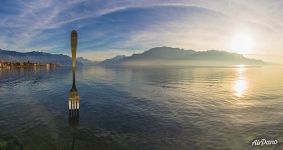 Fork of Vevey, a monument on Geneva Lake, Vevey
Fork of Vevey, a monument on Geneva Lake, Vevey
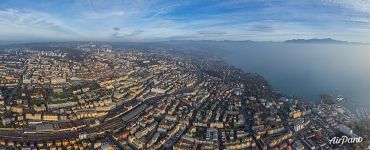 Lausanne from above
Lausanne from above
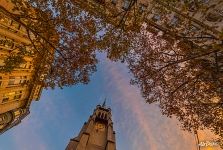 Church of St Francis, Lausanne
Church of St Francis, Lausanne
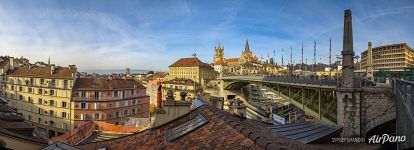 Panorama of Pont Bessières (Bessières Bridge), Lausanne
Panorama of Pont Bessières (Bessières Bridge), Lausanne
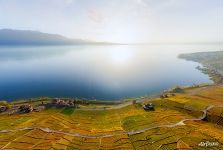 Lake Geneva. Vineyards
Lake Geneva. Vineyards
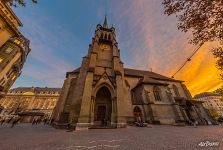 Church of St Francis, Lausanne
Church of St Francis, Lausanne
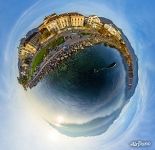 Fork of Vevey. Planet
Fork of Vevey. Planet
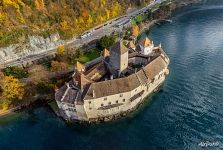 Chillon Castle from above
Chillon Castle from above
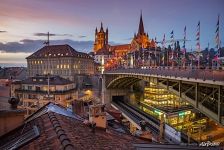 Pont Bessières (Bessières Bridge), Lausanne
Pont Bessières (Bessières Bridge), Lausanne
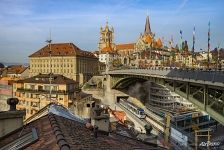 Pont Bessières (Bessières Bridge), Lausanne
Pont Bessières (Bessières Bridge), Lausanne
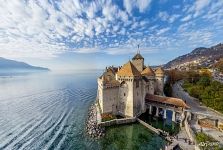 Chillon Castle
Chillon Castle
Virtual Travels in 360°
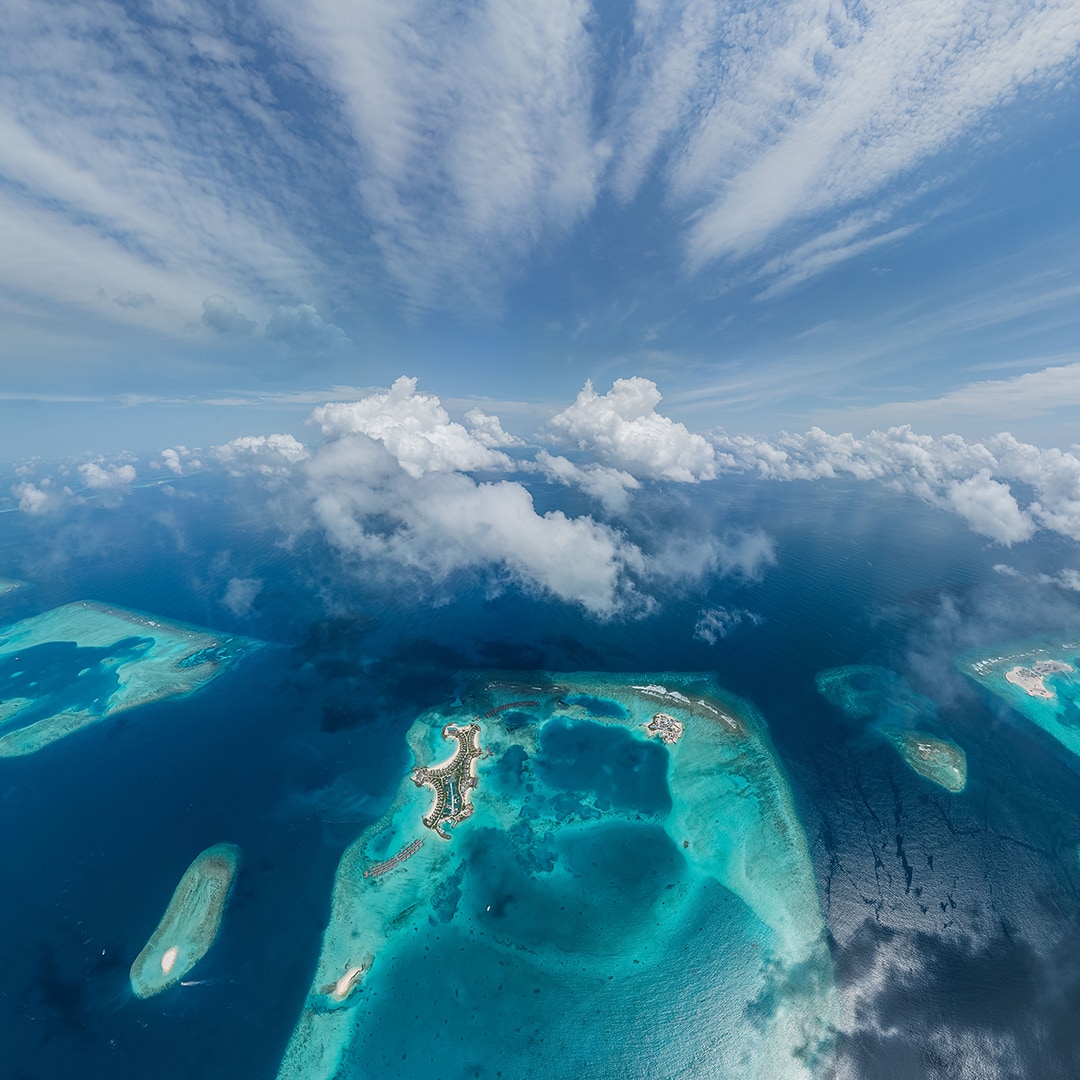 Maldives - Paradise Islands, part I
Maldives - Paradise Islands, part I
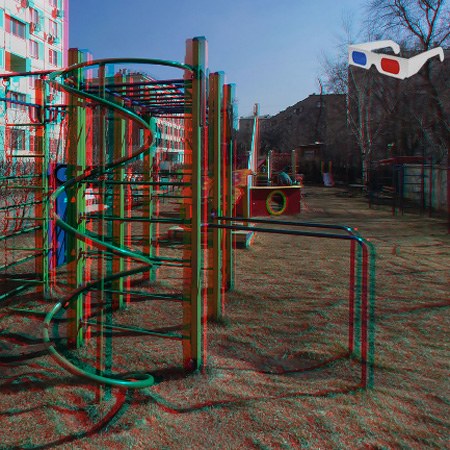 Shooting spherical stereo panorama
Shooting spherical stereo panorama
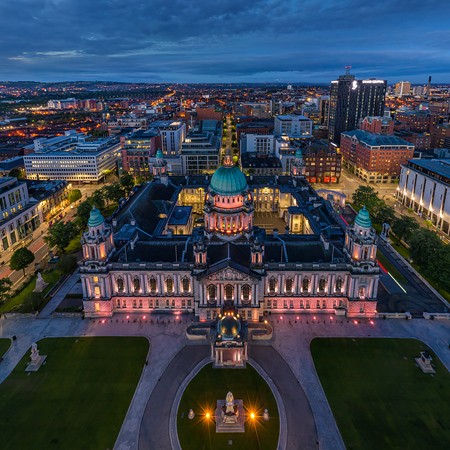 Belfast, United Kingdom
Belfast, United Kingdom
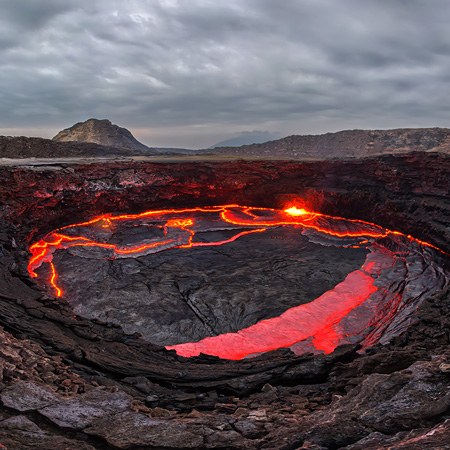 Ethiopia
Ethiopia
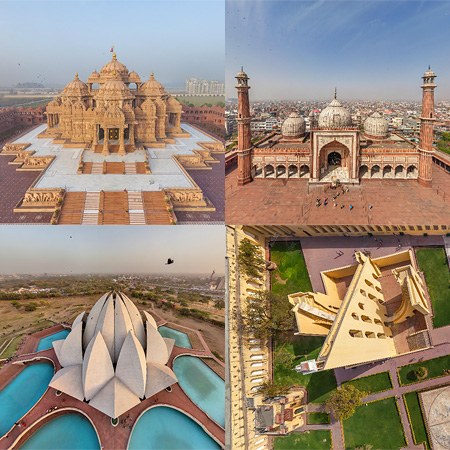 India
India
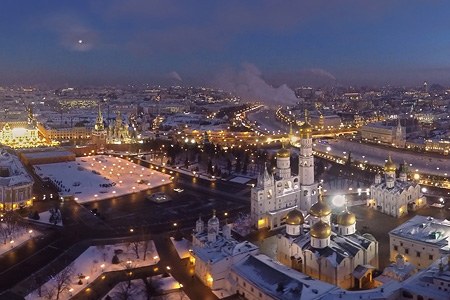 Winter in Moscow City Centre, Russia
Winter in Moscow City Centre, Russia
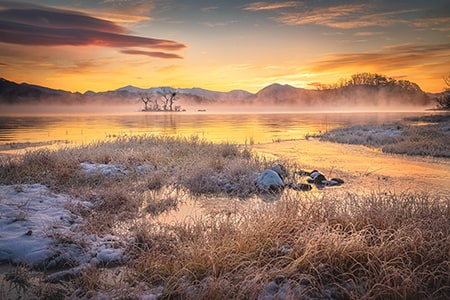 Lake Hibara, Fukushima, Japan
Lake Hibara, Fukushima, Japan
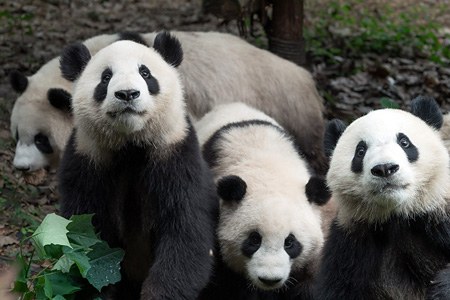 Chengdu Research Base of Giant Panda Breeding, China
Chengdu Research Base of Giant Panda Breeding, China
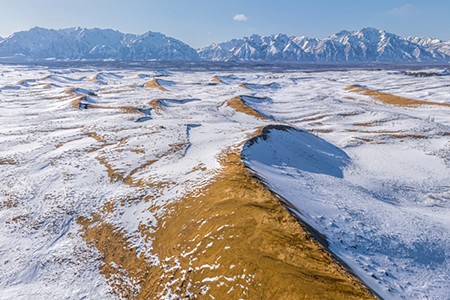 Chara Sands, Siberia, Russia
Chara Sands, Siberia, Russia
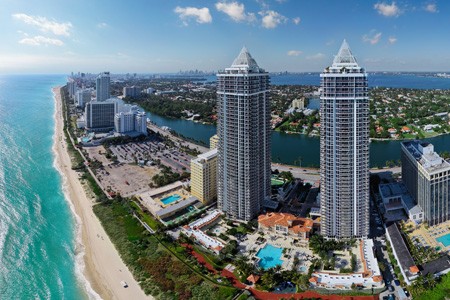 Miami Beach, Florida, USA
Miami Beach, Florida, USA
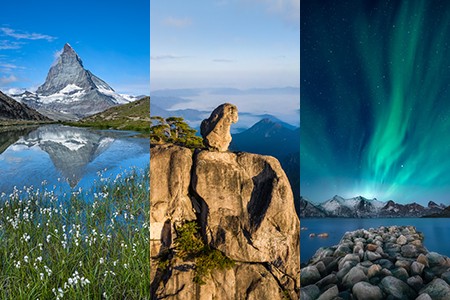 Around the World. The Best in 8K
Around the World. The Best in 8K
Show more

